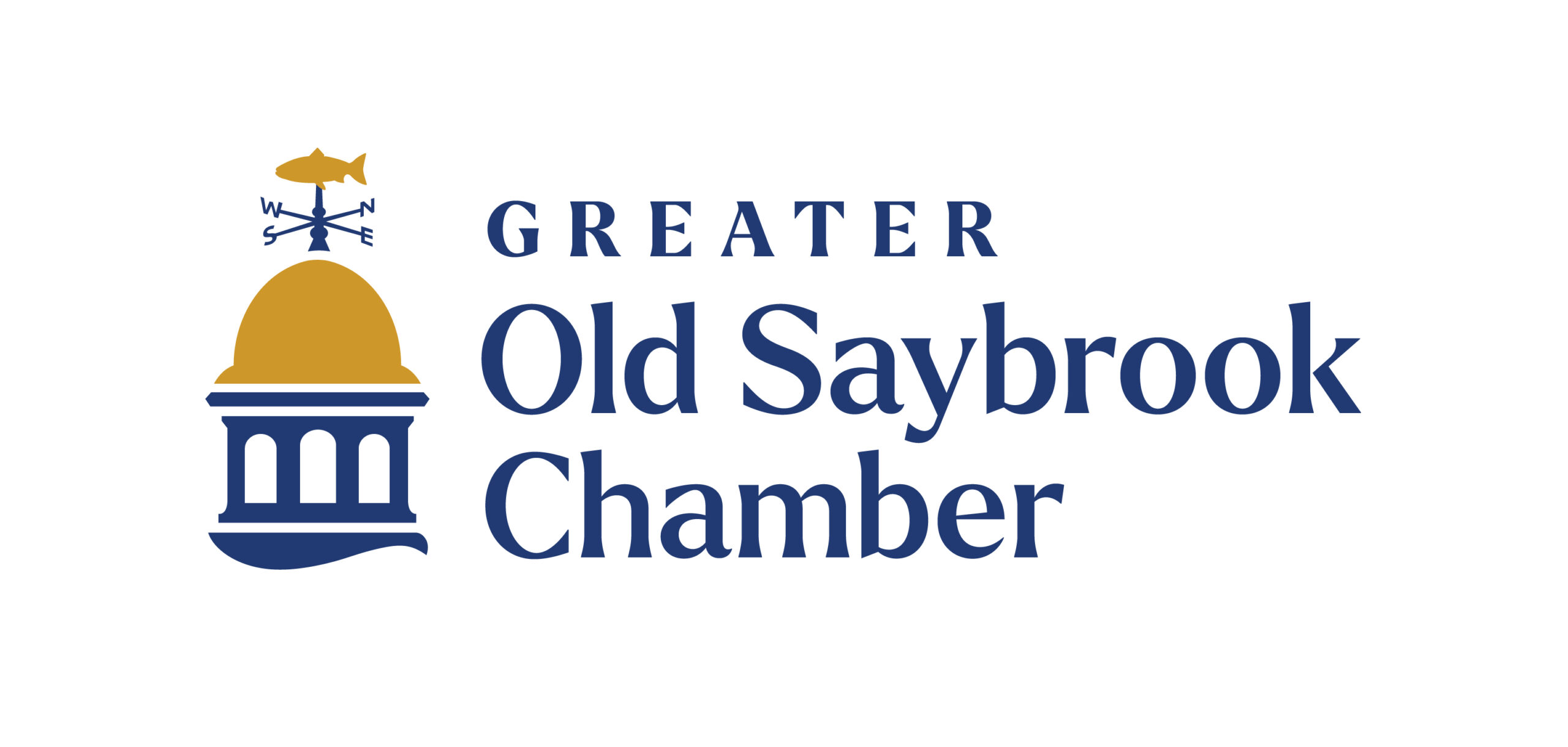As a professional accounting firm that offers a full range of services to individual and business clients, we are the best fit to provide clients personalized, quality service.
How We Can Help
Accounting Methods
Every business taxpayer is required to have accounting methods to report income and expenses. We can provide assistance and guidance to properly match an accounting method to your needs.
Business Succession Planning
Developing and implementing a well-designed succession plan is essential to the survival of any business. As trusted advisors, we assist business owners in securing financial independence by structuring their business in a way that promotes long-term success and stability. We work with business owners to develop plans for transferring business ownership to the next generation or to new leadership.
If you decide to sell, we work with you to identify the financial strengths and weaknesses of your business and develop a plan to maximize its value in preparation for sale. If you decide to keep the business in the family, we work with you to prepare your successor to take over the business or identify one if you haven’t already done so.
Succession planning services include:
- Assist with the internal transfer
- Identify a potential buyer(s)
- Business valuations in preparation for sale
- Buy and sell agreements
- Estate and trust tax planning
- Gift tax planning
- Retirement planning and tax projections
- Business restructuring
It’s Never Too Early to Start Planning an Effective Business Exit Strategy
If you need assistance figuring out which exit strategy is best for you and your business, simply contact us.
Complex Compliance Matters
Federal and state tax regulations can be complex and requirements are continually changing. With the focus being taxes and the various impacts they can have, we approach planning and compliance proactively, collaborating with our team and yours to minimize your taxes and maximize your profits.
With a combined experience of over 100 years, our tax professionals have managed tax issues for small and large companies in a variety of industries.
Entity Selection and Structuring
Selecting what type of entity should be utilized for a new business venture is one of the most important decisions an entrepreneur will face. A business entity is created for an organization’s tax and legal purposes. Whether you choose to be a Corporation, an S-Corporation, a Partnership, a Limited Liability Company, or a Sole Proprietorship, this decision will have tax and business implications. The business structure you select will not only determine who will be taxed and how, but it also dictates liability and record-keeping. The formulation and taxation of business entities also vary by state. Business owners often set themselves up in a business structure that they do not fully understand, and the implications of this selection will not become prominent until the business begins to encounter challenges.
There are slight contrasts between entities, and in some cases, a company may be able to take advantage of more than one business structure. That is why it can be highly advantageous to hire a consultant to counsel prior to setting up your business.
The following are different types of structures to keep in mind when deciding how to set up your organization:
- Sole Proprietorship — A sole proprietorship is the simplest type of business entity. There is just one owner of the company, and the owner is solely responsible for all of its assets and liabilities. This entity is easy to establish and requires minimal record-keeping.
- Limited Liability Company (LLC) — Limited Liability Companies can have multiple owners or “members.” Members of the LLC are generally not personally responsible for debt incurred by the LLC. Setting up your business as an LLC can sometimes require less recordkeeping than a corporation, but more than a sole proprietorship. It also offers flexibility as far as taxation.
- Corporation — The Corporation is an independent legal entity owned by its shareholders, and it requires extensive recordkeeping. The shareholders’ personal assets (besides stock in the company) are protected from company debt. Corporations have the advantage of raising capital through stock, and personal and corporate tax responsibilities are completely separate. The pitfall of a corporation is double taxation.
- S Corporation — To become an S Corporation, you must first be a corporation or an LLC. The S Corporation is an entity that is only designated by the IRS, and it was created for tax purposes only. The S Corporation structure allows profits and losses to pass through a personal tax return, and double taxation between the shareholders and the corporation is avoided. The S Corporation structure is also a great option for a small company, but more record-keeping is required than is necessary with a Sole Proprietorship or LLC.
- Partnership — A partnership is a business entity with more than one owner or partner. There are three common types of partnerships: General Partnerships, Limited Partnerships, and Joint Ventures. A partnership is fairly easy to form and may have the added advantage of sharing resources to create capital. However, partners are personally liable for business debt, just as the owner of a sole proprietorship.
Estate and Trust Planning
We offer estate and trust tax return preparation, for both federal and state jurisdictions, when required. Our tax professionals have years of experience in the preparation of fiduciary income tax returns, probate, and trust court accountings, and will consider post-mortem planning opportunities that may save an estate significant tax.
Foreign Bank Account Reporting (FBAR)
Each year, U.S. taxpayers with foreign financial accounts such as bank accounts, investment accounts, pension accounts, and some foreign life insurance policies are required to file different international information reporting forms with the IRS and FinCEN. While the FBAR (FinCEN Form 114) is the most popular and often used of the IRS’s foreign asset-related forms, it is far from the only one. Due to the fact that the international reporting forms are not mutually exclusive, an individual may be required to file several international information reporting forms for the same overseas account or asset in the same year.
Payroll and Sales Tax Returns
Federal, state, and local payroll tax laws are frequently changing and becoming more complex and the IRS has made the payroll function a time-consuming affair for the small business owner. Small business owners spend several hours a month performing payroll functions, which could be spent generating sales, prospecting new business opportunities, improving products or services, or servicing customers. We offer cost-effective payroll solutions that meet your business needs and enable you to focus on running your company.
Audit Representation
Receiving a letter from a tax authority in the mail can be rather distressing. Audits can take significant time away from your business and require you to gather excessive amounts of records substantiating each and every item reported on your tax return and establish a comprehensive understanding of tax law.
Here at WollackLewitz, we can speak directly with the authorities on your behalf in an attempt to resolve the matter for you so that you need not take time away from your business or job to handle the bureaucracy and paperwork associated with the exam.
State and Local Tax
Each state and local jurisdiction has the ability to create its own taxing structure. This adds yet another layer of complexity to tax planning and compliance for businesses. As more states aggressively seek tax dollars in an effort to expand their taxable base, their evolving laws and regulations have become more pervasive and complex.
At WollackLewitz, we help our clients address state and local taxation as not simply a compliance burden, but an opportunity to identify significant savings opportunities when appropriately examined.








